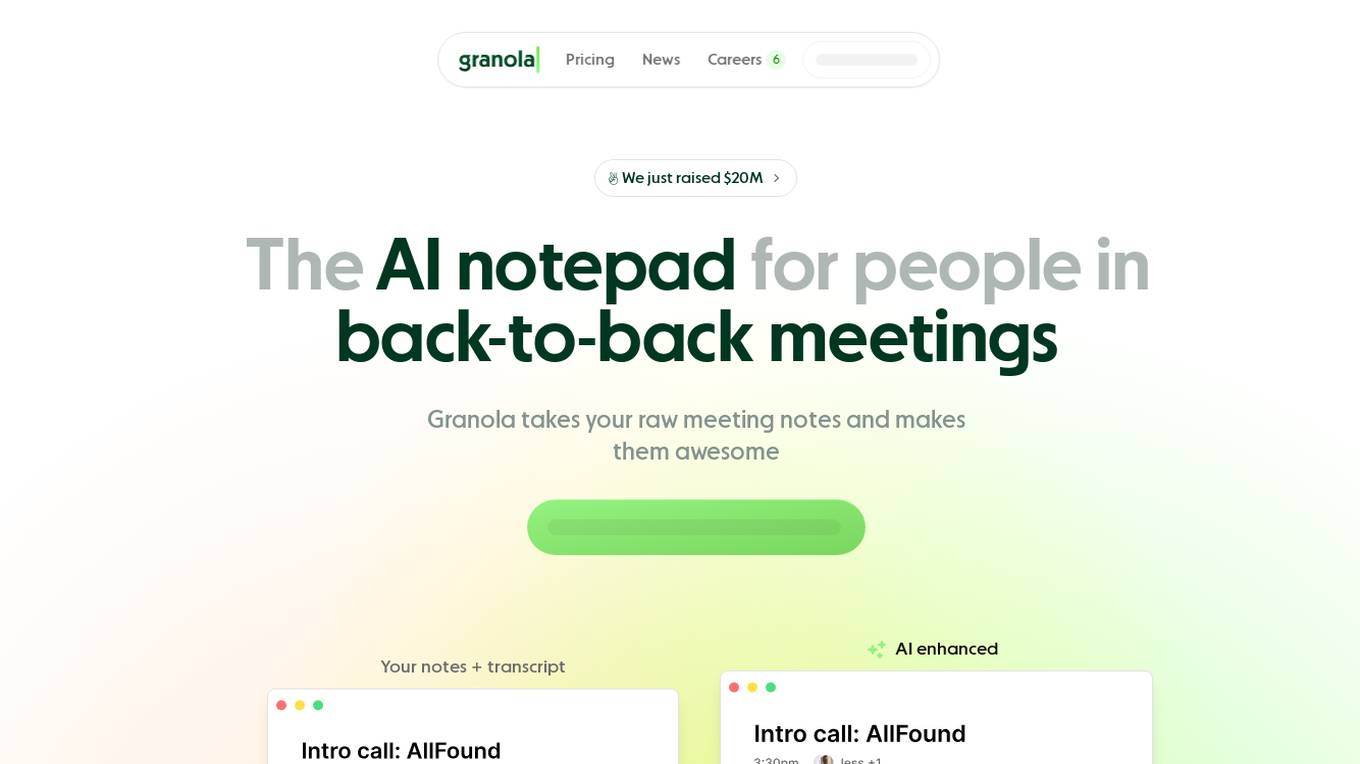Best AI tools for< Frequent Flyer >
Infographic
10 - AI tool Sites

WanderGenie
WanderGenie is an AI-powered travel assistant that helps you plan and book personalized trips. With WanderGenie, you can easily find the best flights, hotels, and activities for your needs and budget. You can also get real-time updates on your flights and reservations, and chat with a virtual assistant for help with anything you need.

My Travel Brain
My Travel Brain is an AI-powered travel planning tool that helps users discover, plan, and book their perfect getaway. The tool uses AI to analyze data on flight prices, hotel availability, and weather conditions to help users find the best deals and travel at the optimal time. My Travel Brain also provides users with personalized recommendations based on their preferences and budget.

Zenpai
Zenpai is an AI file operations software designed to automate routine tasks and enhance productivity by performing repetitive and boring tasks using natural language prompts. It allows users to convert images to pdf, png files to jpg, resize images, compress multiple images and pdfs, all automatically. Zenpai caters to a wide range of users including developers, freelancers, and students, offering different pricing plans to suit varying needs. The company behind Zenpai is committed to continuous improvement and welcomes feedback to enhance the user experience.

Stocked
Stocked is an AI-powered stock advisory service that provides monthly stock recommendations to help investors build a portfolio that outperforms the S&P 500. The service uses machine learning models to analyze terabytes of data and identify stocks with the highest potential for growth. Stocked is designed for buy-and-hold investors who are looking to significantly grow their portfolio over long periods of time.

Trip Planner AI
Trip Planner AI is a free and customizable travel itinerary app that helps users plan and optimize their trips. It uses AI algorithms to create personalized itineraries based on user preferences, and it also allows users to get inspiration from other travelers' journeys. Trip Planner AI is designed for vacations, workations, and everyday adventures.

Granola
Granola is an AI notepad designed for individuals who have frequent back-to-back meetings. It enhances raw meeting notes by transcribing them and providing customizable templates for different meeting types. With GPT-4 integration, Granola assists in post-meeting action items and note sharing across various platforms. The application aims to streamline meeting processes and improve productivity by providing efficient note-taking and organization features.

AskJack
AskJack is an AI-powered HR assistant that automates responses to frequent HR inquiries, freeing HR professionals to focus on strategic initiatives and drive meaningful organizational growth. It integrates with Slack and Teams, allowing employees to self-serve their everyday HR questions, reducing repetitive inquiries and streamlining employee onboarding. AskJack provides data-driven insights into employee queries, helping HR teams understand their needs and improve their knowledge base. With a simple three-step implementation process, AskJack can be up and running in minutes, saving HR professionals time and allowing them to focus on more strategic initiatives.

Blockchain Council
Blockchain Council is a private de-facto organization of experts and enthusiasts championing advancements in Blockchain, AI, and Web3 Technologies. To enhance our community’s learning, we conduct frequent webinars, training sessions, seminars, and events and offer certification programs.

Forgemytrip
Forgemytrip is an AI-powered travel planning tool that simplifies the process of creating itineraries for your trips. By leveraging artificial intelligence, the application generates personalized travel plans based on your preferences and selected dates. With Forgemytrip, users can say goodbye to the hassle of manual itinerary planning and enjoy a seamless experience from start to finish. Whether you're a frequent traveler or planning a special vacation, Forgemytrip is designed to make your trip planning efficient and stress-free.

Maintain-AI
Maintain-AI is an automated pavement assessment tool that utilizes cutting-edge computer vision and AI technologies to simplify and accelerate road assessments. The tool enables road asset professionals to make informed decisions based on objective data, maximizing the value of available budgets and ensuring timely interventions. Maintain-AI aims to improve the management of infrastructure assets such as roads and bridges by offering a solution that supports more frequent and consistent road inspections, leading to cost savings and increased efficiency in maintenance activities.
0 - Open Source Tools
1 - OpenAI Gpts

Kosart Unity Guide
I'm Unity Guide, your formal yet approachable expert in Unity, adapting to frequent users.